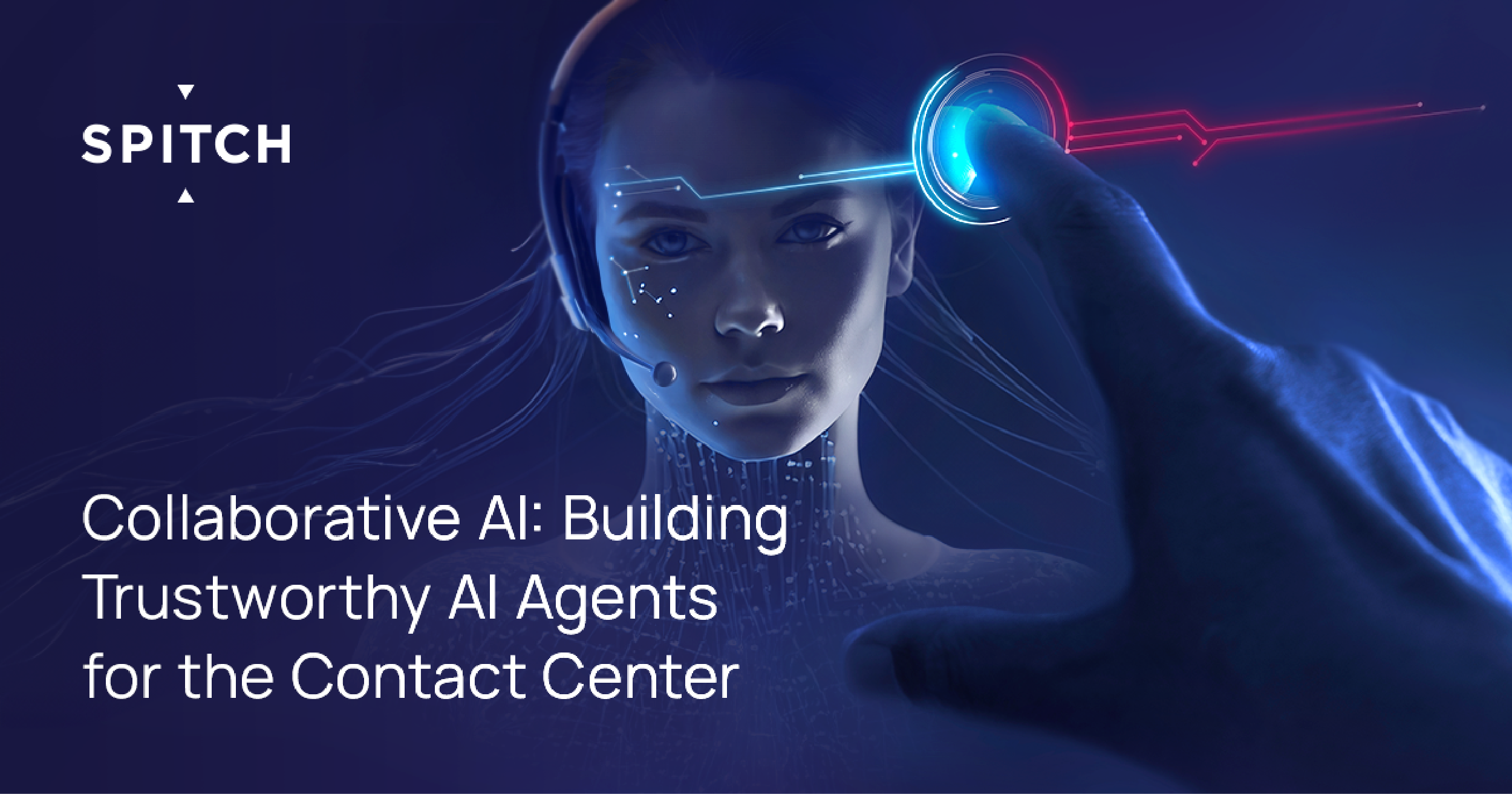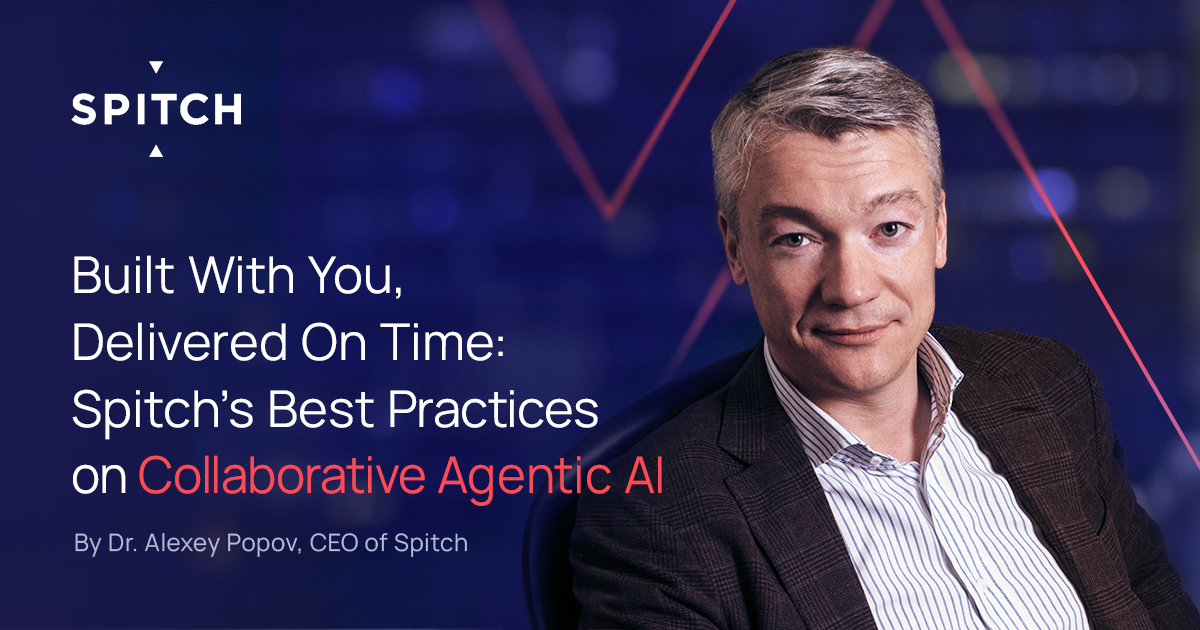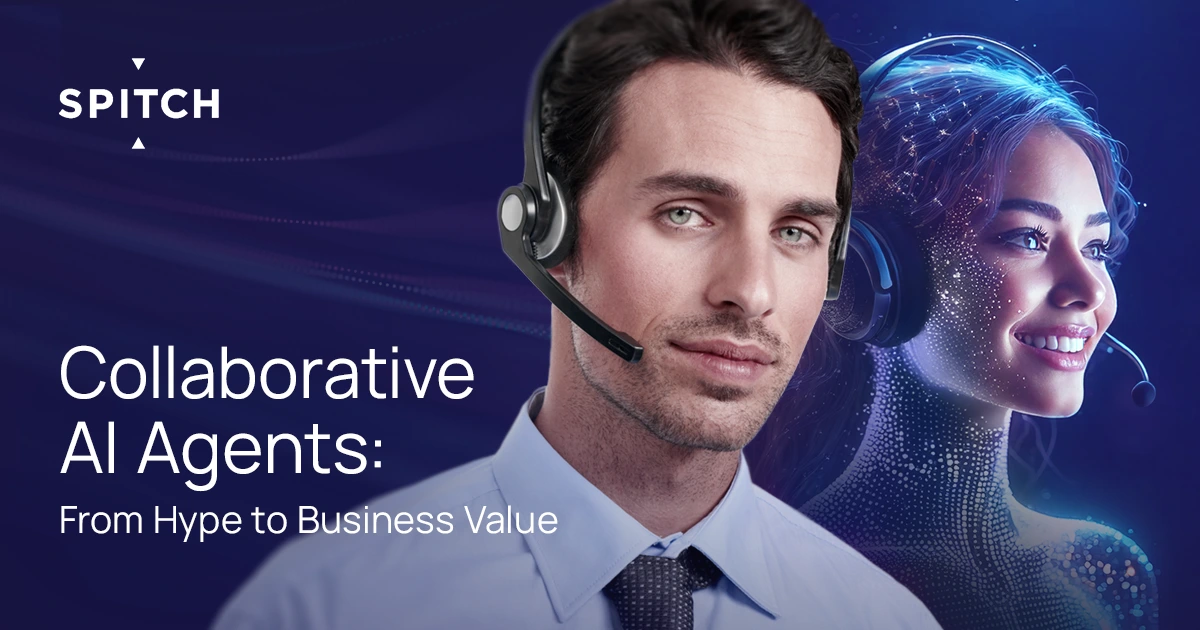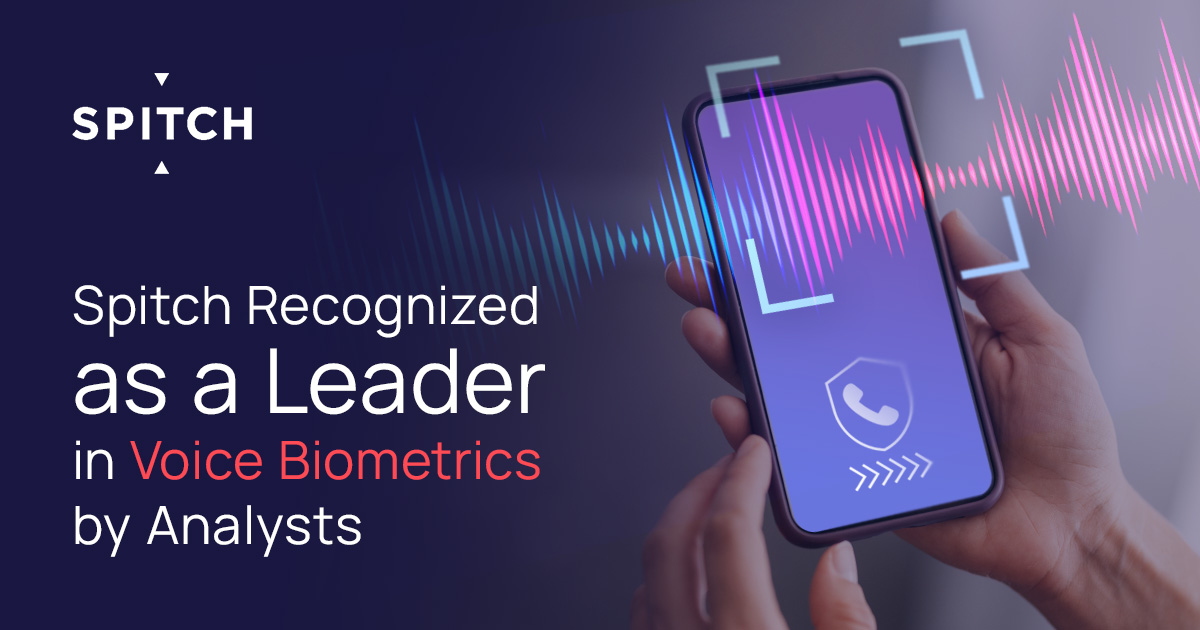AI’s customer-service push accelerates, but humans still crucial, report suggests
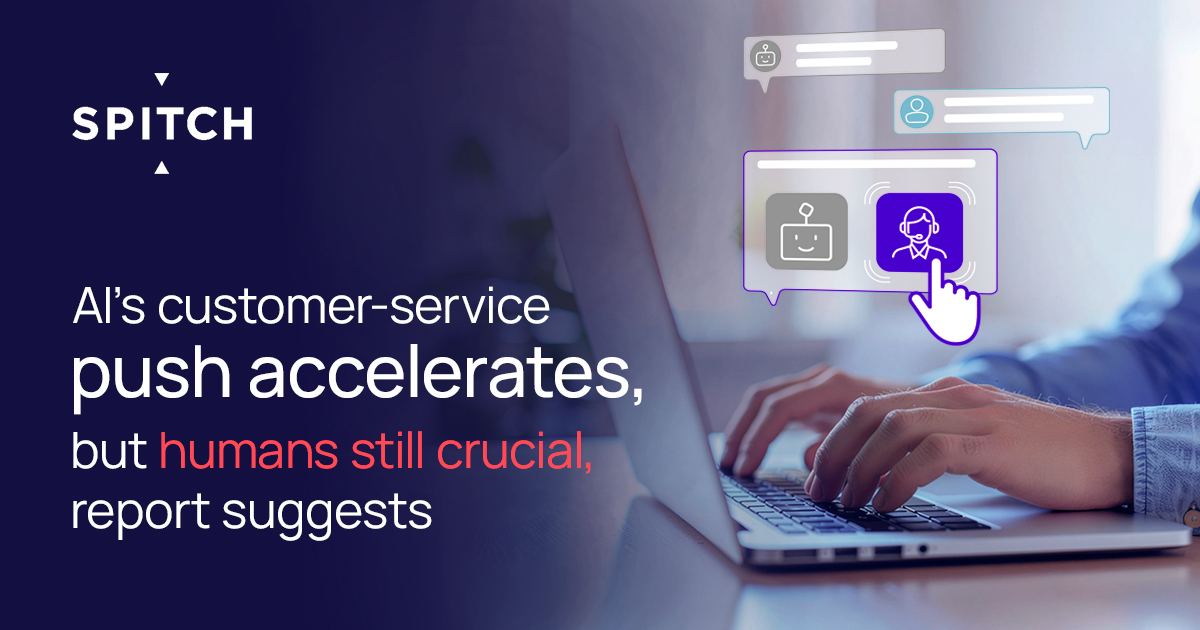
Artificial intelligence is racing into customer service, but a wholesale replacement of human agents remains uncertain, according to a BBC report. While vendors promote a “side by side” future for people and machines, some industry signals point to deeper disruption ahead.
Tata Consultancy Services’ chief executive predicts only a “minimal need” for call centres in Asia, and Gartner forecasts that by 2029 AI will autonomously resolve 80% of common service issues. Yet today’s frontline reality is mixed: many rule-based chatbots still falter in live scenarios, with poor escalation options and misdirected support. Parcel firm Evri is spending £57 million to bolster automation, while rival DPD shut down an AI chatbot after unpredictable behavior.
A new generation of AI agents promises more natural dialogue and broader capabilities than traditional bots, but introduces fresh risks, including hallucinations, outdated information and misleading advice. Despite 85% of leaders experimenting with AI assistants, only about 20% of deployments meet expectations.
Furthermore, cost savings are not guaranteed in the broader context. Generative AI relies on extensive, high-quality training data and robust knowledge management; the technology is also expensive to build and run, adding operational complexity.
Where AI works best, companies emphasize human-like behavior and flexibility. Salesforce’s AgentForce reportedly boosted satisfaction and efficiency after training systems in empathy, relaxing rigid rules and learning from mistakes. Even then, staff were largely redeployed rather than eliminated.
For complex, emotional or high-stakes issues – such as mortgages, debt or personal hardship – human judgment remains essential, and many customers still expect the option to speak to a person.
Regulators are taking note. Proposed US rules would require disclosure when AI is used and guarantee escalation to a human on request, while Gartner expects the EU could enshrine a “right to talk to a human” by 2028.
This further confirms that Spitch’s Collaborative Agentic AI Platform and solutions are well positioned to meet today’s challenges. Learn more about Spitch’s approach to building a unified human-AI workspace, where uniquely human strengths like empathy and emotional intelligence take center stage, while AI manages routine tasks under essential guardrails and human oversight.

